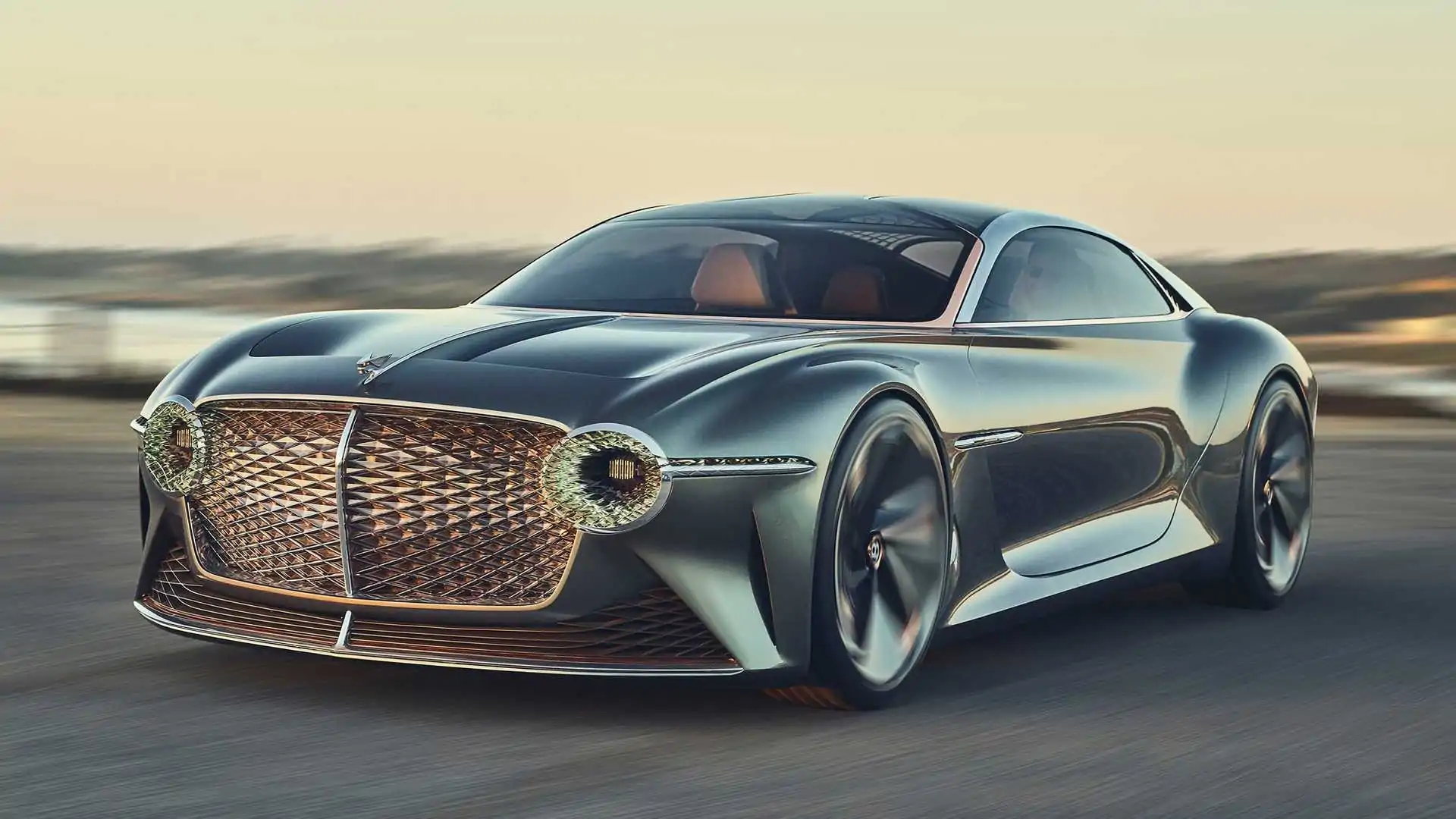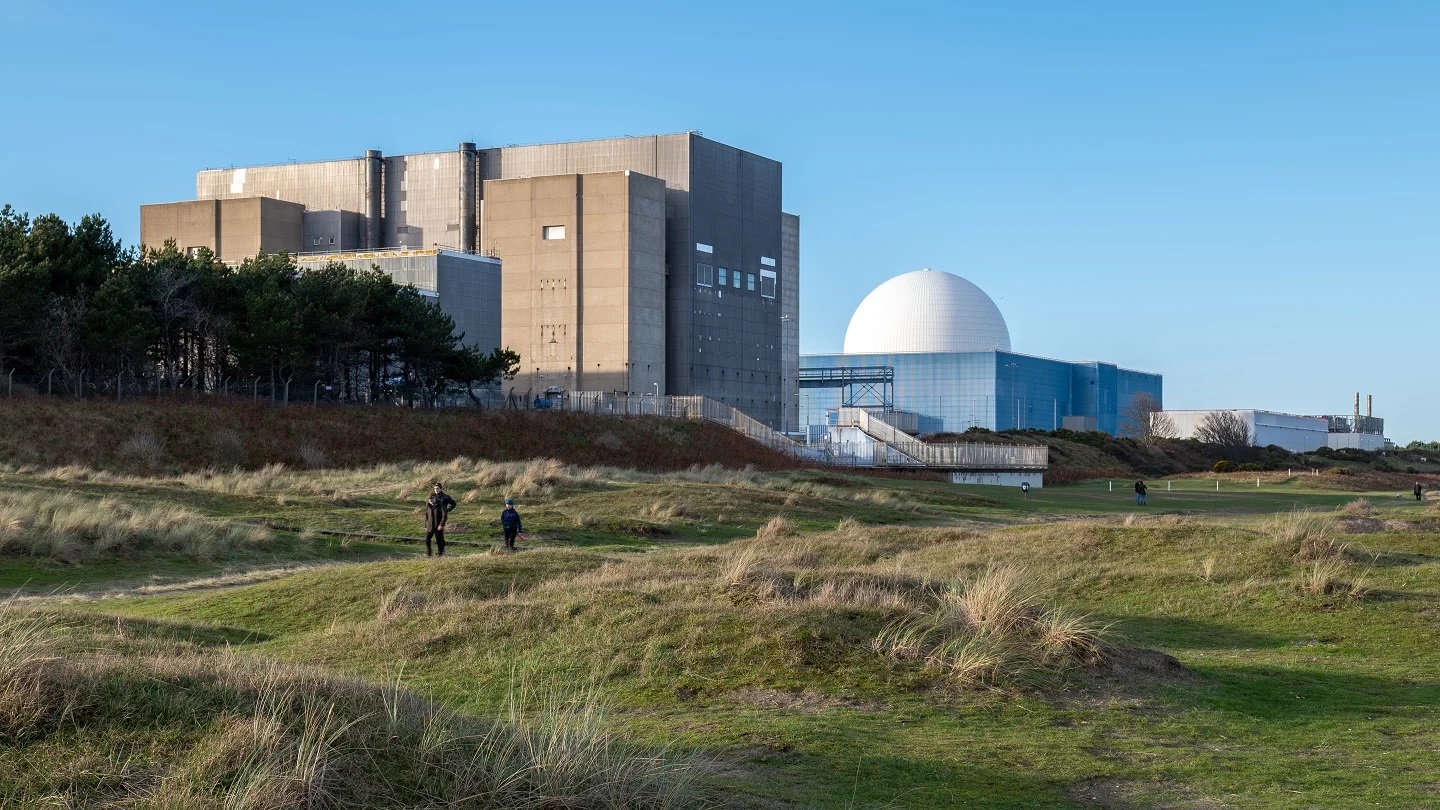Bentley Motors is adjusting its strategy to offer exclusively all-electric vehicles (EVs) by the end of the decade, citing evolving market conditions and a delay in its first EV release.
CEO Adrian Hallmark affirmed the renowned British luxury carmaker’s commitment to carbon neutrality and EVs but disclosed a revised timeline. Bentley now plans to continue offering plug-in hybrids alongside BEVs past its earlier target of 2030.
Hallmark emphasized that while Bentley may not achieve full BEV delivery by 2031, they might still produce hybrids for a brief period after 2030 as they transition.

The company’s initial EV launch, originally anticipated next year, has been postponed to 2026, subsequently delaying subsequent EV releases. Hallmark attributed the delay to software issues and challenges in developing the vehicle’s architecture to Bentley’s high standards.
Bentley intends to bolster its investment in plug-in hybrids by allocating hundreds of millions of dollars in additional funding. This increased investment necessitates a longer duration of hybrid production to yield the desired return on investment.
While Bentley plans to cease production of traditional internal combustion engines, including its iconic V-12 engines, next month and nonhybrid V-8s by mid-2024, it continues to offer plug-in hybrid versions of its Bentayga SUV and Flying Spur sedan.

The revised EV strategy was announced alongside Bentley’s 2023 financial results, which saw a global delivery of 13,560 vehicles, down 11% from the previous year. Revenue decreased by 13% to $3.21 billion, with an operating profit of $644.7 million, down 17%.
Despite challenges such as changing sales dynamics in China and macroeconomic uncertainties, Bentley’s performance in 2023 marked a significant improvement over 2021. Hallmark attributed this success to increased revenue and profits, driven by customer preferences for customization and add-ons to their vehicles.







Leave a Reply